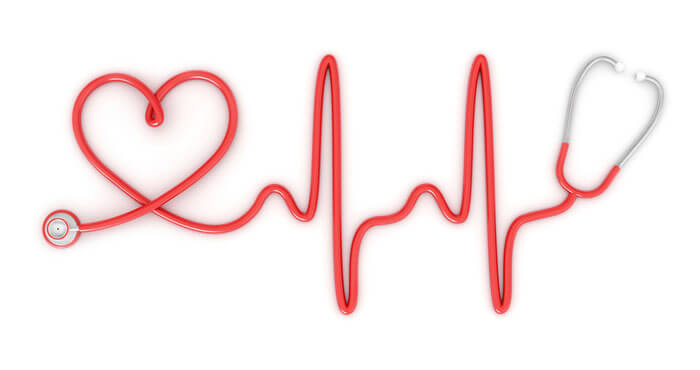Learn the Signs of AFib to Prevent Heart Problems

If your heart’s aflutter, it might be more than just anxious anticipation, a stressful situation or overexertion. A frequent, irregular heartbeat or feeling of breathlessness could signal a severe medical condition knows as atrial fibrillation or AFib.
Millions of people suffer from atrial fibrillation, the most common form of arrhythmia, or irregular heartbeat. Commonly called “AF or AFib,” this occurs when the heart’s upper chambers, the atria, contract very fast and irregularly (fibrillate) and do not pump blood efficiently to the rest of the body.
What are the signs of AFib?
February is American Heart Month, a good time to learn the signs and symptoms of AFib. If you suffer from the following, see your doctor for a simple physical exam or EKG (electrocardiogram). You can live with AFib, but if left untreated, it can lead to other rhythm problems, chronic fatigue, heart failure or even stroke.
Here are some of the symptoms you may have:
- Irregular and rapid heartbeat
- Heart palpitations, fluttering or rapid thumping in the chest
- Dizziness, sweating and chest pain or pressure
- Shortness of breath or anxiety
- General fatigue
- Tiring more easily when exercising
- Faintness, fainting or confusion
Treatment for AFib can include taking medicines that return your heart to a normal rhythm, correction with an electric shock, a pacemaker, surgery or other procedures. Your doctor also may prescribe drugs to help prevent stroke.
Many signs of AFib could also be signs that you are having a heart attack. If you feel chest pain or pressure, or think you may be having a heart attack, get emergency help immediately by calling 911.
Learn more about atrial fibrillation and learn the signs of heart attack and stroke.



